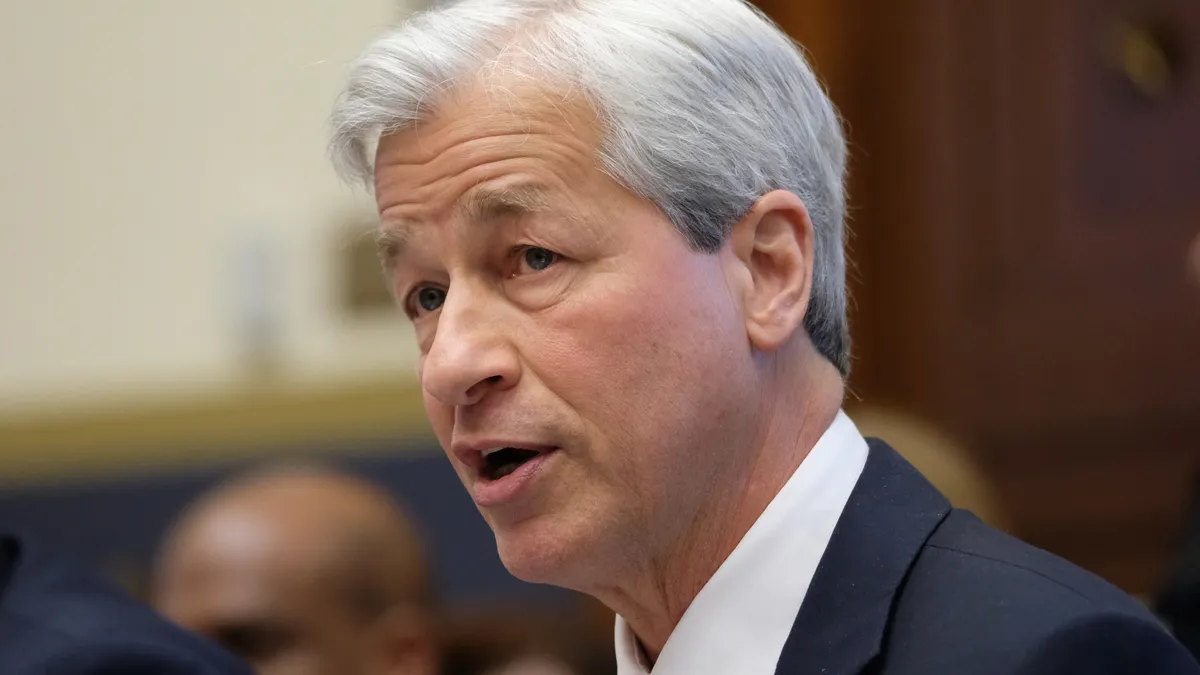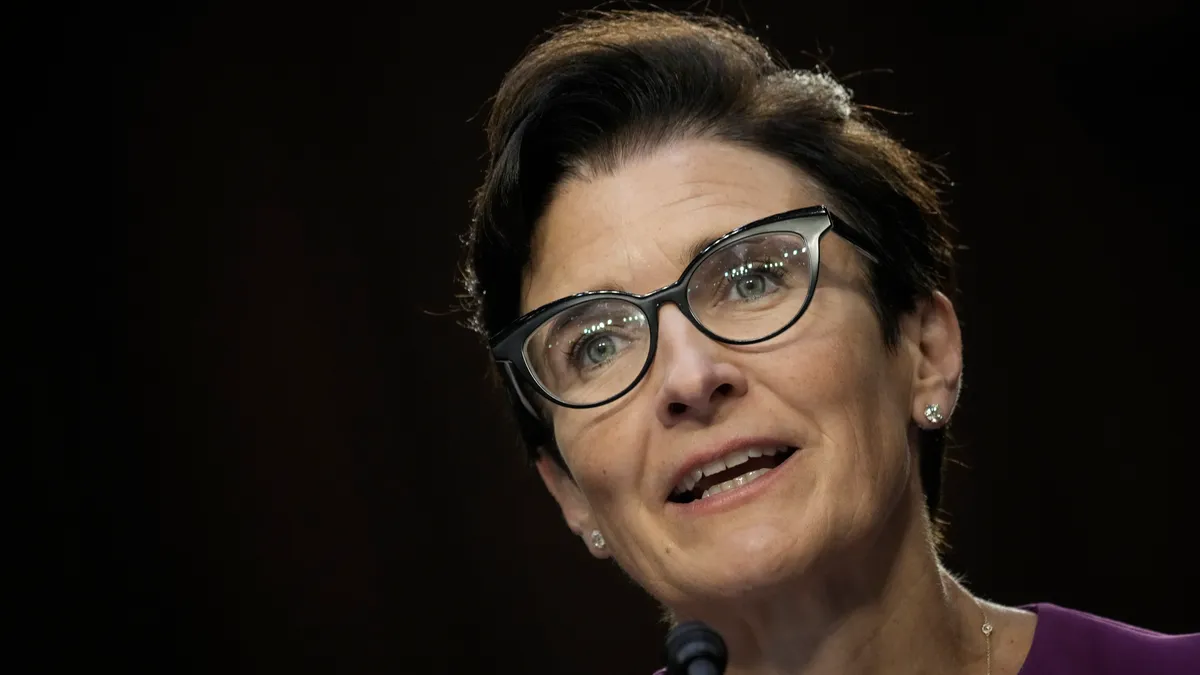Fintech lender SoLo Funds is engaged with the New York attorney general’s office related to usury concerns, an executive said this week.
Denzel Singletary, head of government affairs and strategic partnerships at the company, said SoLo Funds was served a subpoena this year by state AG Letitia James’ office.
“We're in negotiations with them now, figuring out … what common ground looks like,” Singletary said, speaking Monday at the Banking Transformation Summit in Charlotte, North Carolina, on the topic of fintechs and regulators working together.
James’ office declined to comment Tuesday.
After SoLo Funds was subpoenaed, “my job initially was to make sure New York knew that we were not working in a nefarious way,” Singletary said. He said he highlighted the fintech’s community platform and tried to dispel misconceptions customers are being charged exorbitant interest rates.
SoLo Funds bills itself as a community finance platform. Its business model has drawn the attention of regulators in a handful of states who view its “tip” structure as a predatory lending practice.
In recent years, SoLo has reached agreements with regulators in California, Washington, D.C., Connecticut and Pennsylvania related to allegations borrowers were required to pay large “tips” to access loans through its platform.
In May 2024, the Los Angeles-based fintech was sued by the Consumer Financial Protection Bureau. The bureau, then under the Biden administration, also took issue with SoLo’s “tip” structure, which it said obscured the total cost of loans.
The CFPB also said SoLo, which marketed itself as a consumer-friendly alternative to pricier, short-term loans, hid from borrowers the option to forgo a tip, and offered loans to borrowers in states that require platforms to have a license.
SoLo said it had long since changed some components of its display the CFPB called out in the lawsuit.
In February, under the Trump administration, the CFPB dropped the lawsuit against SoLo Funds.
Russ Vought, the CFPB’s acting director who also leads the OMB, said at the time that the bureau under former director Rohit Chopra “shockingly” tried to “destroy” SoLo, “which incurred millions in legal fees and had to lay off 30% of its workforce.”
“It was wrong and we dismissed the case,” Vought said.
Prior to joining SoLo Funds in 2024, Singletary was the director of U.S. government affairs at investing fintech Robinhood.
“When SoLo Funds reached out to me to come and work with them,” he said, “it was this opportunity of figuring out, how do I make this fintech work well with regulators? What can I do to strengthen this relationship with this particular fintech and regulators?”
That task was made far more difficult when, two weeks after he joined SoLo Funds, the firm was sued by the CFPB.
He called that “a very interesting intro into the company,” but said he wasn’t deterred in seeking to make sure the regulator and the fintech understood each other.
Then came a “blessing” in the form of the presidential administration change in January, Singletary said.
“It was an opportunity for us to state our case in front of a new body, really,” he said.
In doing that, the fintech focused on its community of users. “What does this whole community look like? What is this application actually doing? Who is it actually helping?” he said.
“The customers are always going to make it make sense for the regulators,” he said. “I highlighted the fact that even though there's misconceptions, that we were facing those and actually working through them.”
SoLo Funds became the first company to have a lawsuit dismissed by the current CFPB, which has since dropped a number of lawsuits filed under the Biden administration.
“I genuinely think that's because we highlighted the community,” Singletary said. “Bodies really matter” when it comes to cooperation between fintechs and regulators.
As the CFPB has reversed course on a number of actions, James has been quick to pick up the mantle in New York. Her office sued Capital One over lost interest payments to consumers and sued Early Warning over alleged fraud at Zelle – and initiated both after the CFPB dropped similar lawsuits this year.
James’ office has also filed lawsuits against earned wage access providers MoneyLion and DailyPay, alleging they made “illegal, high-interest loans” to thousands of workers.
Travis Holoway and Rodney Williams, the founders of SoLo Funds, sought to establish an alternative to costly payday lenders, Singletary said. They “were two college-educated men who had made it, and their friends and family were consistently asking them for loans,” Singletary said.
SoLo Funds, which launched in 2018, offers checking accounts and debit cards, and through its loan marketplace, members can request loans that other users can fund.
The fintech – which taps Bangor Savings Bank for banking services – has about 2 million customers and 1.8 million deposit accounts, and has facilitated about $1 billion in transactions, Singletary said.





















